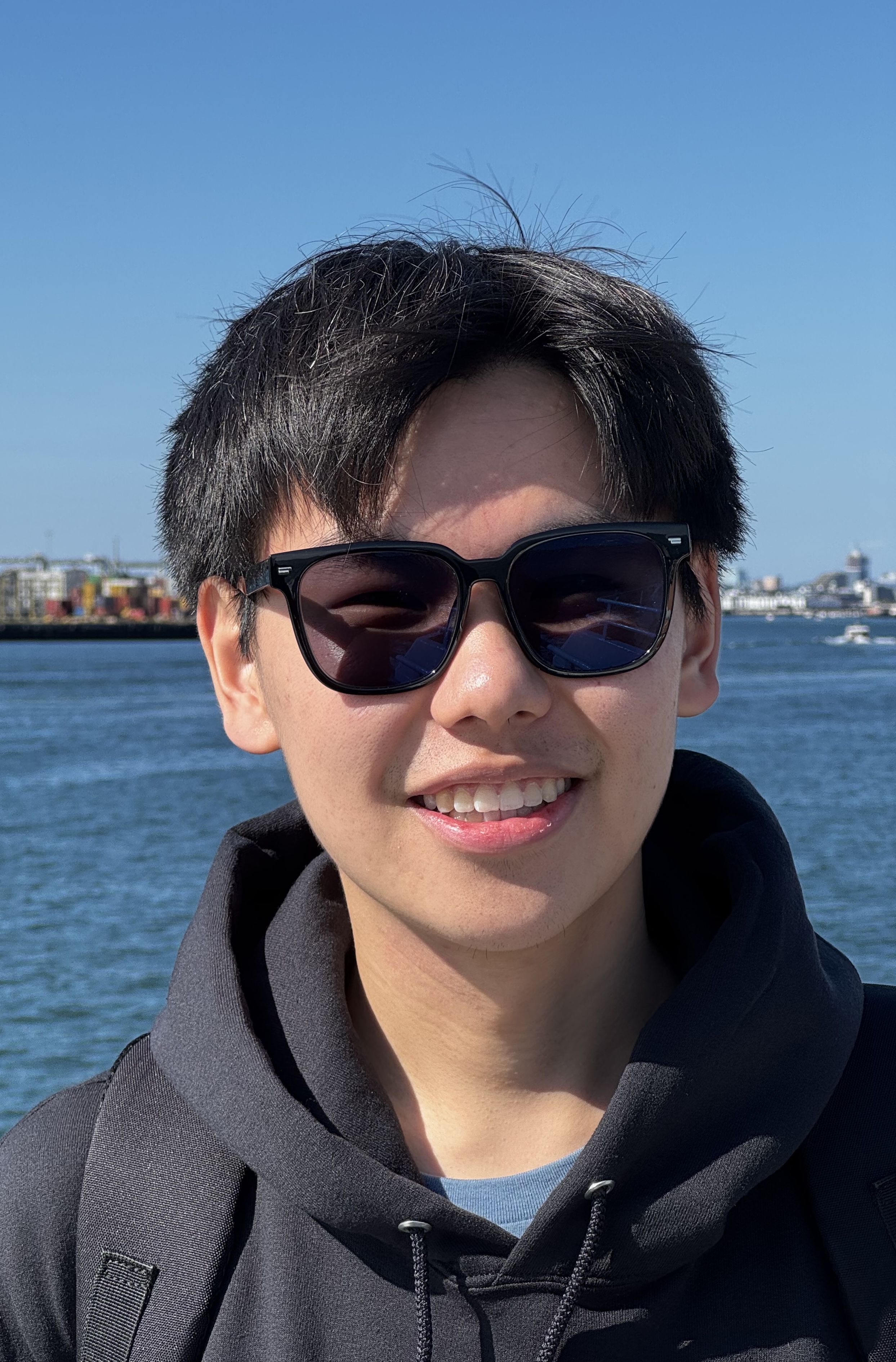Sitemap
A list of all the posts and pages found on the site. For you robots out there, there is an XML version available for digesting as well.
Pages
Notes on C++ Syntax
Published:
C++ syntax notes and examples.
CuTe Layouts
Published:
Notes on CuTe Layouts in NVIDIA cutlass documentations.
Notes on CUTLASS DSL (CuTeDSL)
Published:
Basic, introductory notes on CuTeDSL, a domain-specific language for CUDA programming that allows users to write CUDA kernels in Python conveniently.
Notes on Intern Work
Published:
Notes on my work as an intern at Intel.
Linear Layouts in Triton
Published:
Notes on linear layouts in Triton and its conversion with various traditional layout types.
Gluon in Triton
Published:
Notes on the experimental feature, gluon, in Triton.
Posts
Representation Efficiency in Neural Reasoning–Evidence from Multilingual Mathematical Benchmarks
Published:
Exploring how representation choice affects reasoning quality and efficiency in deep learning models using multilingual mathematical benchmarks.
Notes on CUTLASS DSL (CuTeDSL)
Published:
Basic, introductory notes on CuTeDSL, a domain-specific language for CUDA programming that allows users to write CUDA kernels in Python conveniently.
Linear Layouts in Triton
Published:
Notes on linear layouts in Triton and its conversion with various traditional layout types.
Notes on C++ Syntax
Published:
C++ syntax notes and examples.
UROP Working Notes
Published:
My own notes and questions on the UROP project.
Some Questions on Cutlass Layout
Published:
My own notes and questions on the layout of CUTLASS.
On the Explicit Expression of a Time-dependent Hamiltonian in Heisenberg Picture
Published:
We prove the explicit expression of the time-dependent Hamiltonian in Heisenberg picture in this post.
portfolio
Portfolio item number 1
Short description of portfolio item number 1
Portfolio item number 2
Short description of portfolio item number 2 
publications
A Foundation Model for Non-Destructive Defect Identification from Vibrational Spectra
Published in arXiv, 2025
Defects are ubiquitous in solids and strongly influence materials’ mechanical and functional properties. However, non-destructive characterization and quantification of defects, especially when multiple types coexist, remain a long-standing challenge. Here we introduce DefectNet, a foundation machine learning model that predicts the chemical identity and concentration of substitutional point defects with multiple coexisting elements directly from vibrational spectra, specifically phonon density-of-states (PDoS). Trained on over 16,000 simulated spectra from 2,000 semiconductors, DefectNet employs a tailored attention mechanism to identify up to six distinct defect elements at concentrations ranging from 0.2% to 25%. The model generalizes well to unseen crystals across 56 elements and can be fine-tuned on experimental data. Validation using inelastic scattering measurements of SiGe alloys and MgB2 superconductor demonstrates its accuracy and transferability. Our work establishes vibrational spectroscopy as a viable, non-destructive probe for point defect quantification in bulk materials, and highlights the promise of foundation models in data-driven defect engineering.
Enhancing Materials Discovery with Valence Constrained Design in Generative Modeling
Published in arXiv, 2025
Diffusion-based deep generative models have emerged as powerful tools for inverse materials design. Yet, many existing approaches overlook essential chemical constraints such as oxidation state balance, which can lead to chemically invalid structures. Here we introduce CrysVCD (Crystal generator with Valence-Constrained Design), a modular framework that integrates chemical rules directly into the generative process. CrysVCD first employs a transformer-based elemental language model to generate valence-balanced compositions, followed by a diffusion model to generate crystal structures. The valence constraint enables orders-of-magnitude more efficient chemical valence checking, compared to pure data-driven approaches with post-screening. When fine-tuned on stability metrics, CrysVCD achieves 85% thermodynamic stability and 68% phonon stability. Moreover, CrysVCD supports conditional generation of functional materials, enabling discovery of candidates such as high thermal conductivity semiconductors and high-κ dielectric compounds. Designed as a general-purpose plugin, CrysVCD can be integrated into diverse generative pipeline to promote chemical validity, offering a reliable, scientifically grounded path for materials discovery.
Reinforcement learning-guided optimization of critical current in high-temperature superconductors
Published in arXiv, 2025
High-temperature superconductors are essential for next-generation energy and quantum technologies, yet their performance is often limited by the critical current density (Jc), which is strongly influenced by microstructural defects. Optimizing Jc through defect engineering is challenging due to the complex interplay of defect type, density, and spatial correlation. Here we present an integrated workflow that combines reinforcement learning (RL) with time-dependent Ginzburg–Landau (TDGL) simulations to autonomously identify optimal defect configurations that maximize Jc. In our framework, TDGL simulations generate current–voltage characteristics to evaluate Jc, which serves as the reward signal that guides the RL agent to iteratively refine defect configurations. We find that the agent discovers optimal defect densities and correlations in two-dimensional thin-film geometries, enhancing vortex pinning and Jc relative to the pristine thin-film, approaching 60% of theoretical depairing limit with up to 15-fold enhancement compared to random initialization. This RL-driven approach provides a scalable strategy for defect engineering, with broad implications for advancing HTS applications in fusion magnets, particle accelerators, and other high-field technologies.
talks
Talk 1 on Relevant Topic in Your Field
Published:
This is a description of your talk, which is a markdown file that can be all markdown-ified like any other post. Yay markdown!
Conference Proceeding talk 3 on Relevant Topic in Your Field
Published:
This is a description of your conference proceedings talk, note the different field in type. You can put anything in this field.
teaching
Teaching experience 1
Undergraduate course, University 1, Department, 2014
This is a description of a teaching experience. You can use markdown like any other post.
Teaching experience 2
Workshop, University 1, Department, 2015
This is a description of a teaching experience. You can use markdown like any other post.
